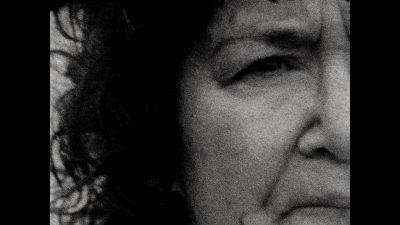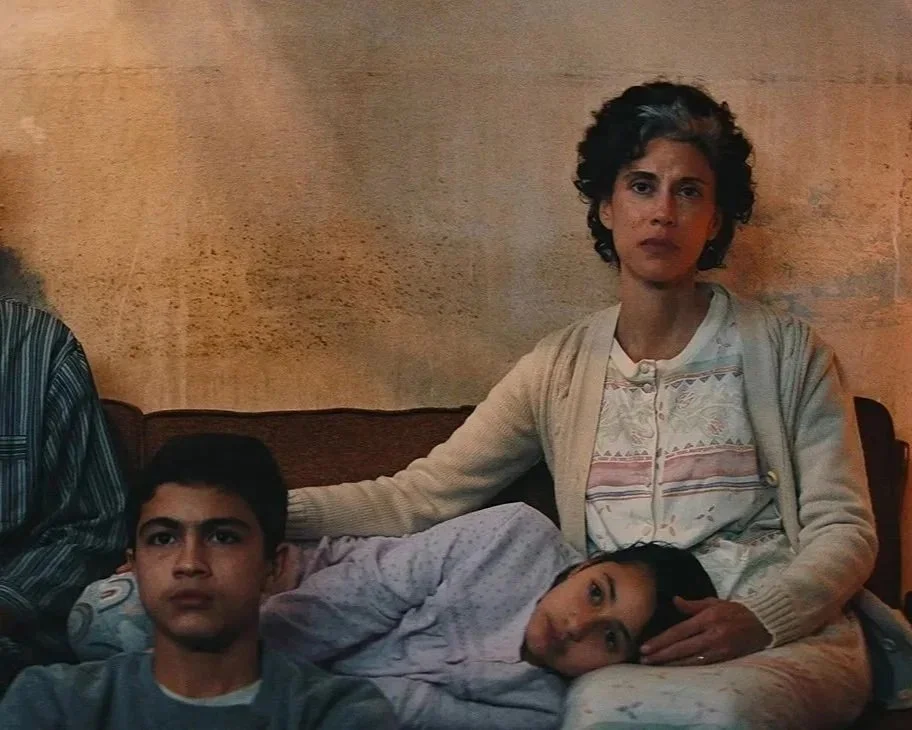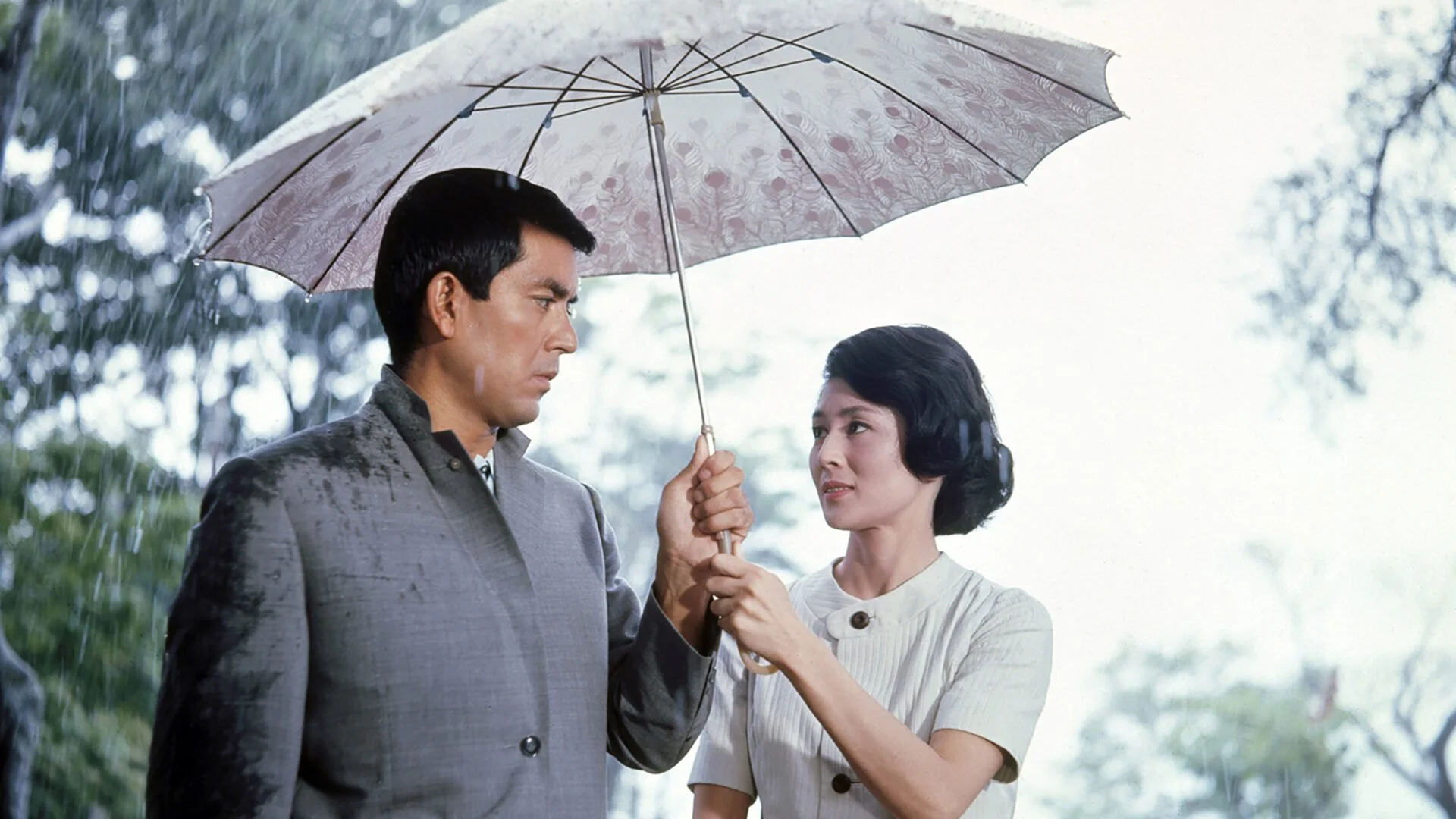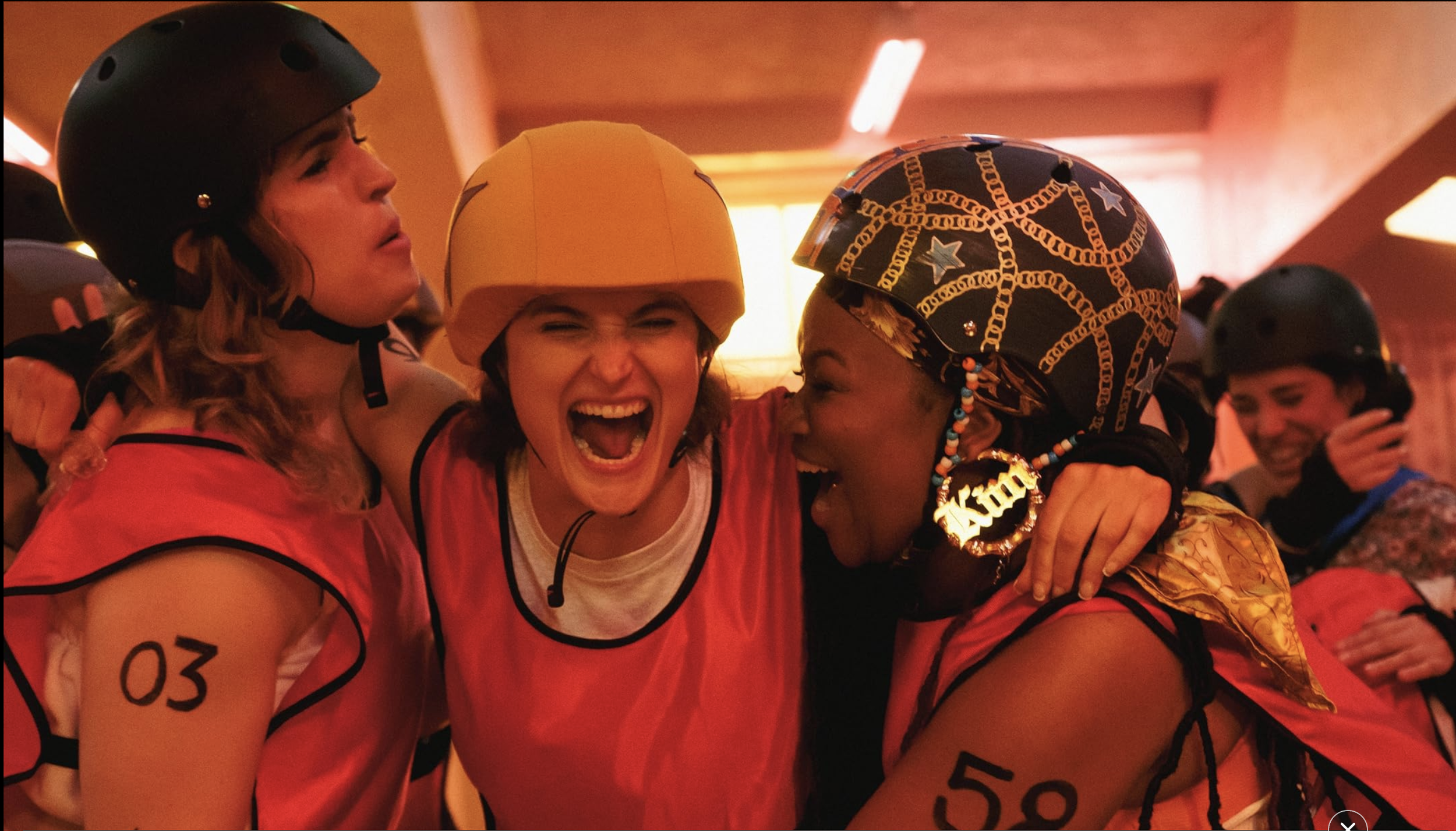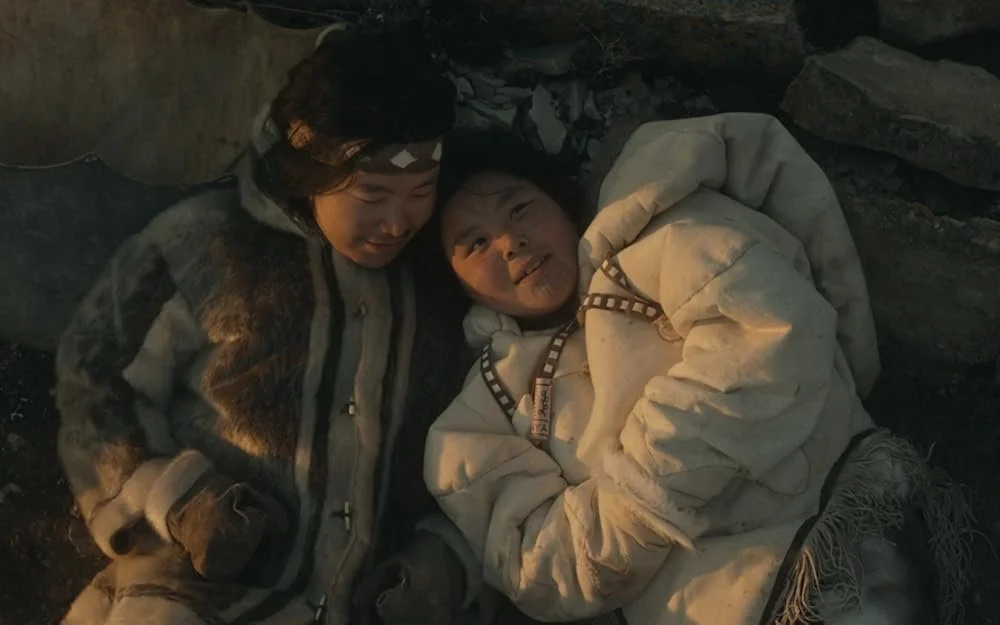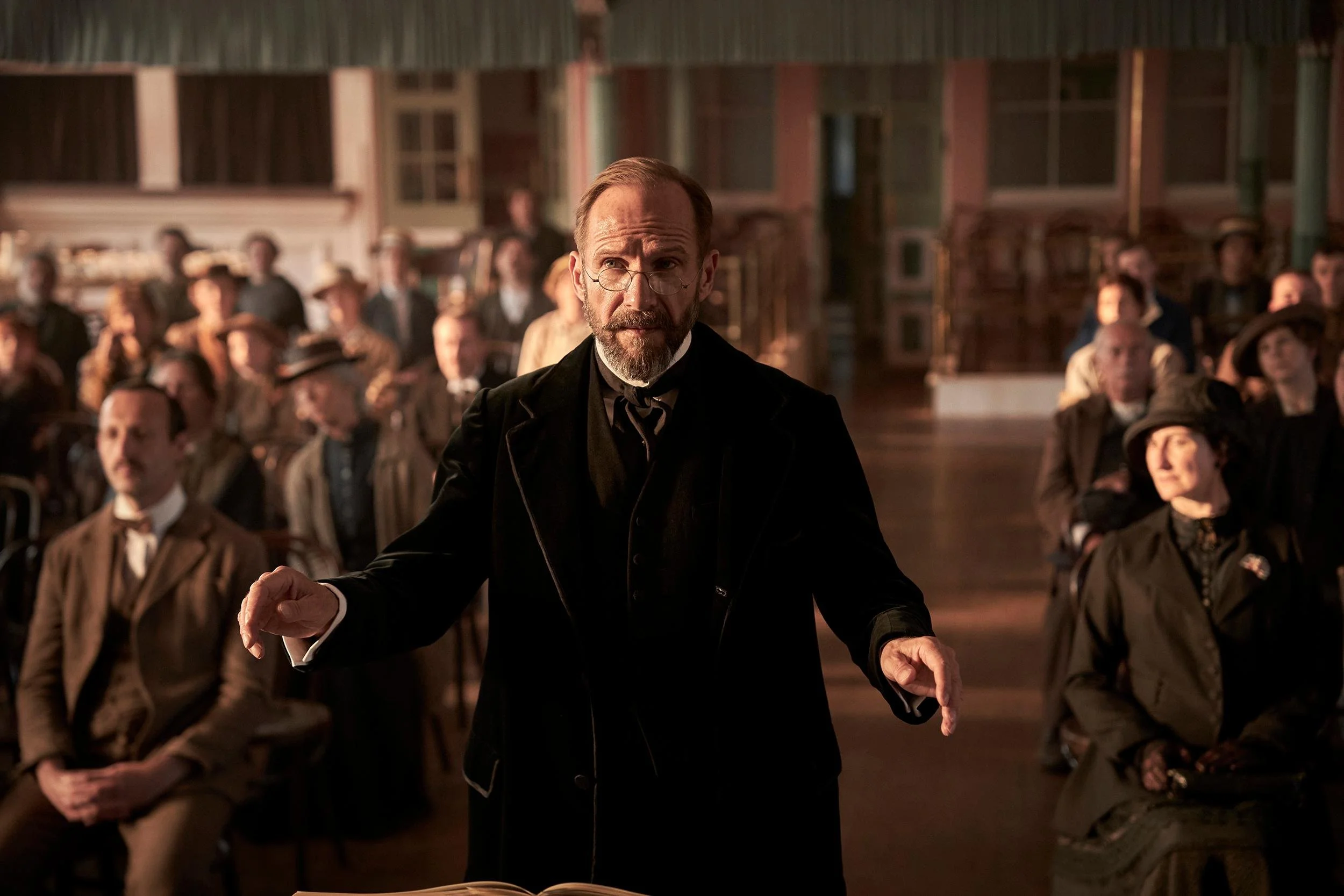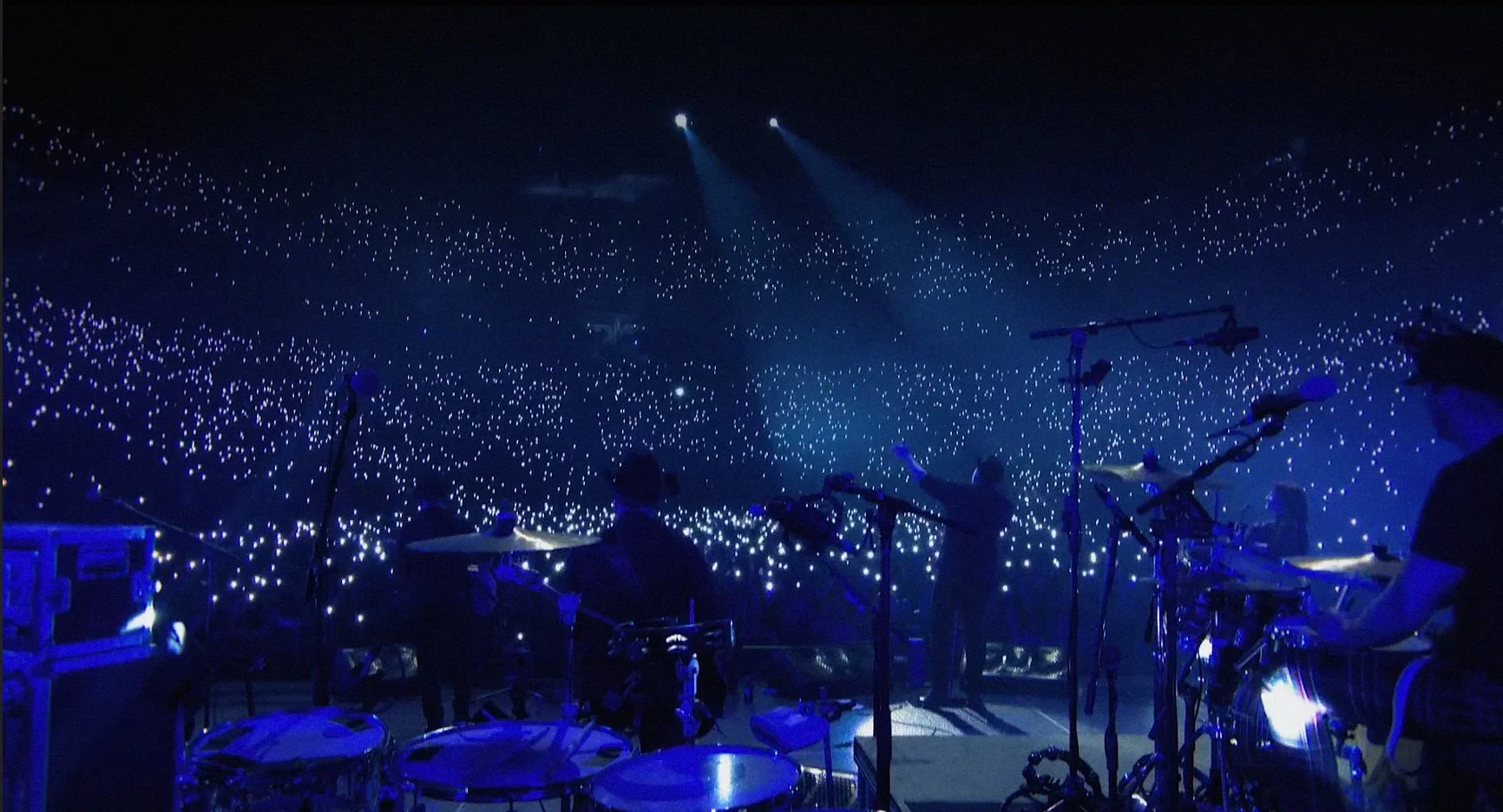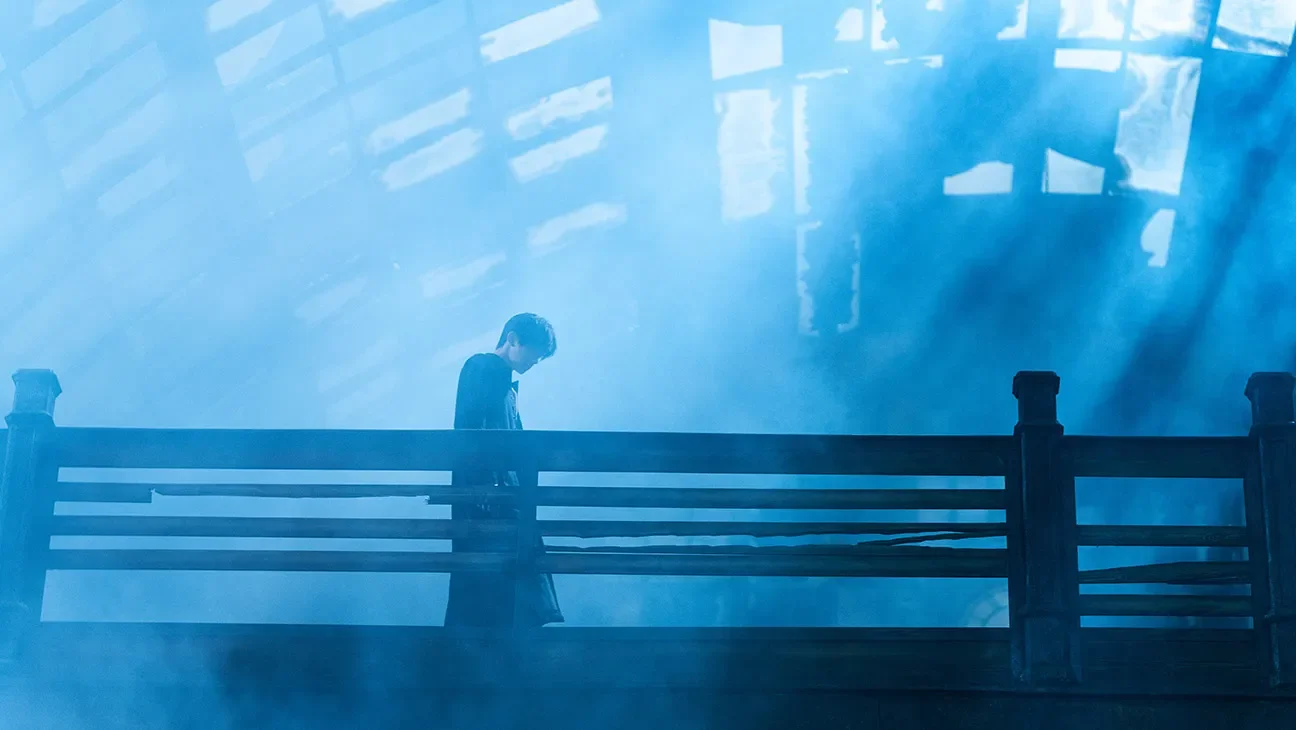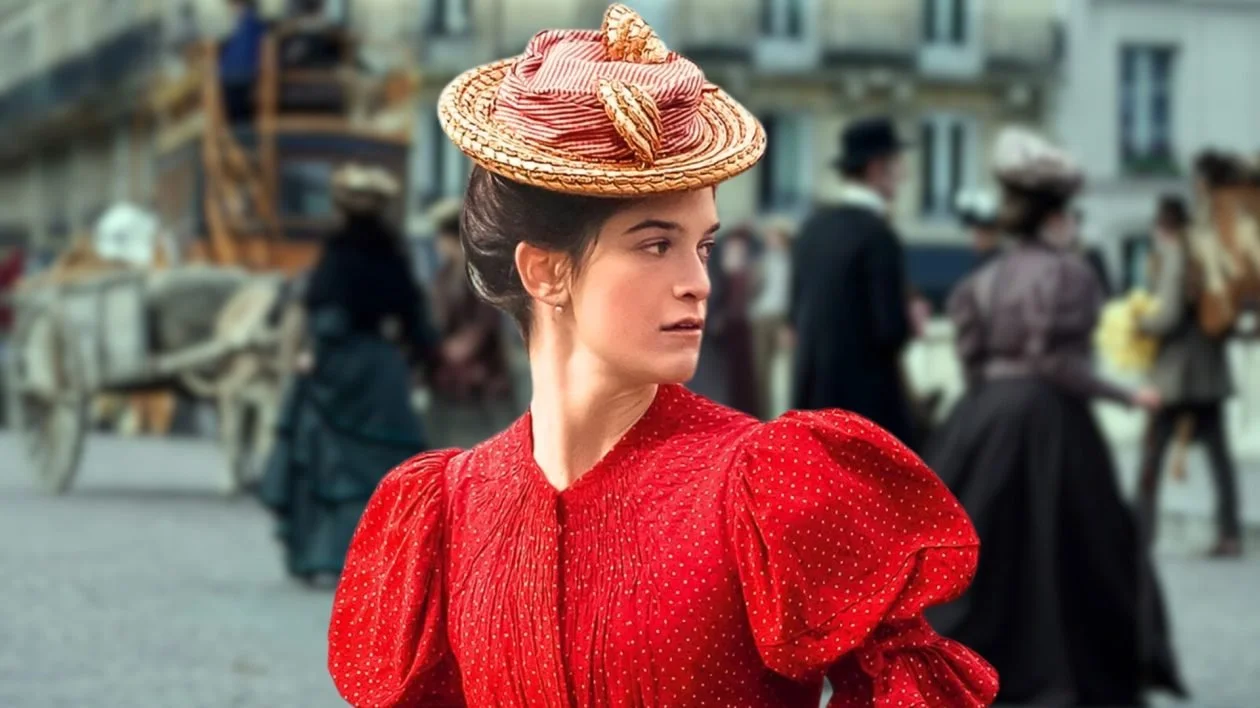Film review: Judy Versus Capitalism pays experimental ode to feminist icon Judy Rebick
DIrector Michael Hoolboom’s dreamlike imagery offsets her straight-talking recollections
A pro-choice scene from Judy Versus Capitalism.
A young Judy Rebick in Toronto.
The Cinematheque offers a free virtual screening of Judy Versus Capitalism from January 22 to February 4
JUDY REBICK is one of Canada’s most pragmatic, straight-shooting activists. The septuagenarian is best-known as the unshowy but formidable force, in sensible sandals and slogan T-shirts, rallying feminist and pro-choice marches through a bullhorn.
That’s why it’s so strange, at first, to see her story play out in the hands of Canadian experimental filmmaker Mike Hoolboom, who uses delirious, dreamlike montages to illustrate her chatty recollections in this new documentary. But damn if it doesn’t work; TIFF even named the film to its Canada’s Top 10 this year.
Hoolboom’s poetic riffs complicate and expand artfully on Rebick’s memories, and in the end it’s hard to imagine her life and ideas handled in anything but such a radical style.
Hoolboom splits the film into six chapters, separated by artful intertitles. Some mark the milestones of her life—“3. Feminism”, “4. Abortion”—and some encompass more amorphous ideas—“2. Weight”, “5. Others”.
The voice-over features a candid and self-effacingly funny Rebick looking back at her life. Some of her memories cover the personal realm, from her struggles with depression that started as a teen to witnessing her father get into fights. Some derive from her political activism, from heading the National Action Committee on the Status of Women to leading the hard battle to legalize abortion. The latter brought her almost daily death threats; just wait till you hear her recount the story of the man who tried to grab her by the throat on the subway one time.
On one level, Judy Versus Capitalism is a much-needed reminder of the often-underappreciated achievements of second-wave feminism in this country. Some of the film’s most insightful moments find Rebick recalling a time when sexual harassment was normalized and most women had no idea what their own anatomy looked like.
Hoolboom offsets that history with a hazy and semi-abstracted visual world. Archival family photos and protest footage, as well as contemporary Super 8 footage of the subject walking, swimming, and talking with friends, juxtapose with imagery that’s more about evoking a psychological state: headlights obscured in the night, fairground swing rides, children in Halloween costumes.
Sometimes Hoolboom distorts historic footage, most effectively in the famous moment when Rebick protects abortionist Dr. Henry Morgantaler from an attacker. Revealed in extreme slow motion, the blurry scene distills the power and unaffected fearlessness of Rebick as she turns and pushes the man away, then shaming him into lowering his weapon.
Later in the film, the subject matter takes a direction that may come as a surprise for those unfamiliar with Rebick’s 2018 memoir Heroes in My Head.
It’s enough to say here that it has to do with the mystery of identity, and the way it can fracture—something Hoolboom has captured vividly with his layered, expressive images.
With Rebick, identity is further complicated by the way the political has become inextricable from the personal. In short, she’s much more complex than that activist you’ve seen in newsreels and on talk shows. And that ends up being what makes this visually dense, odd, and enigmatic little study feel somehow apt.




